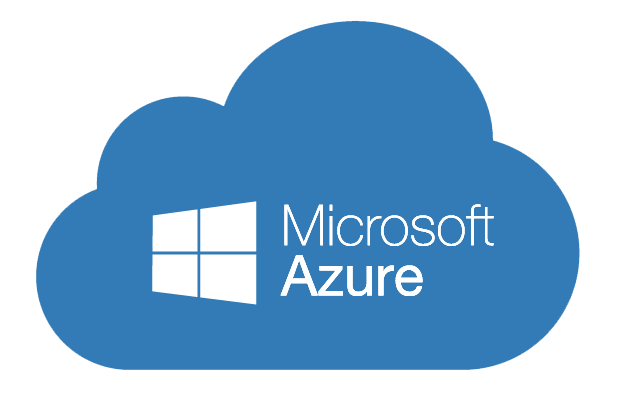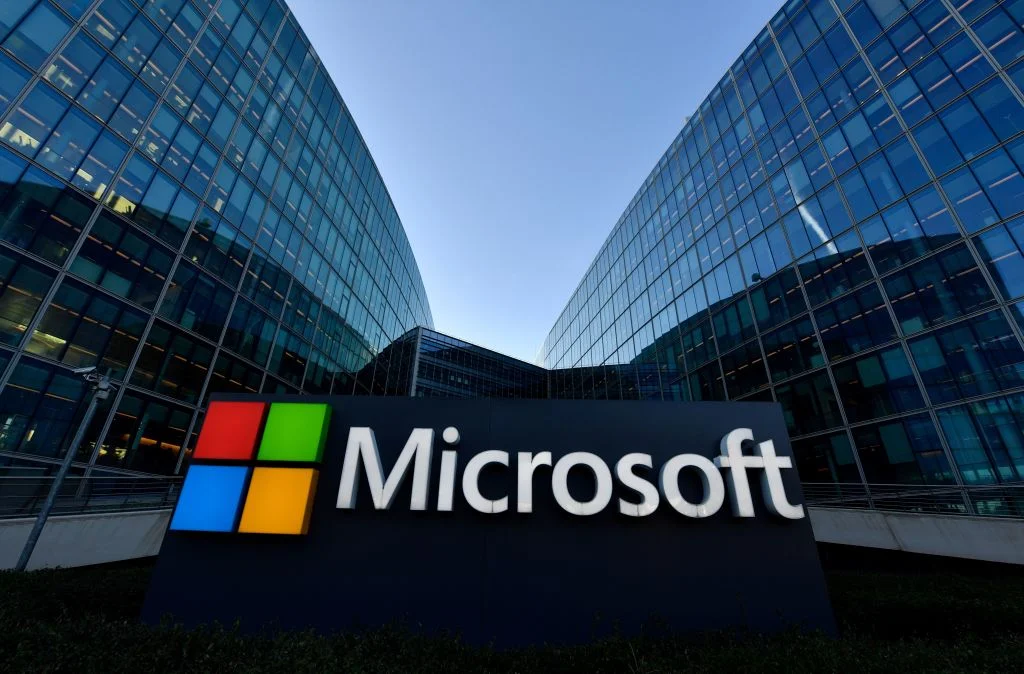On Tuesday, Microsoft (MSFT) revealed its fiscal fourth-quarter results, slightly surpassing Wall Street’s expectations. Despite the positive earnings, Microsoft’s stock dipped in extended trading.
The primary concern? Slower-than-expected growth in its Azure cloud-computing segment and lower-than-anticipated sales guidance for the upcoming quarter. This combination has sparked investor concerns, casting a shadow over the tech giant’s impressive financial performance.
Quarterly Earnings Beat Expectations
The Redmond, Washington-based company earned $2.95 per share on sales of $64.7 billion for the quarter ending June 30.
Analysts had anticipated $2.94 per share on sales of $64.4 billion. Year-over-year, Microsoft’s earnings increased by 10%, and sales rose by 15%.
Azure Growth Disappoints

Despite the overall positive performance, the growth in Azure cloud infrastructure business was a concern. Azure sales grew by 30% in constant currency, falling short of the estimated 31.3%. This figure also represented a slowdown from the 31% growth reported in the previous quarter.
For the current quarter, Microsoft forecasted Azure revenue growth of 28% to 29% in constant currency.
Sales Guidance Falls Short
Microsoft’s forecast for current quarter sales ranged from $63.8 billion to $64.8 billion, with a midpoint of $64.3 billion.
This figure is below the consensus estimate of $65.1 billion for the September quarter, according to FactSet.
Stock Market Reaction
In after-hours trading, Microsoft stock fell 3.4% to $408.76. During the regular session on Tuesday, the stock had already decreased by 0.9% to close at $422.92.
Increased Capital Expenditures
Analyst Angelo Zino from CFRA Research noted that Microsoft’s higher-than-expected capital expenditures, mostly for AI data centers, could be contributing to the negative sentiment.
Capital expenditures for the June quarter were $19 billion, compared to $14 billion in the March quarter. For the full fiscal year, it spent $55.7 billion on capital expenditures, a 75% increase from the previous year. Microsoft plans to spend even more in fiscal 2025.
Business Unit Performance
Of Microsoft’s three business units, Intelligent Cloud was the top performer in the June quarter, with revenue increasing by 19% to $28.5 billion. This unit includes server products and cloud services such as Azure.
The Productivity and Business Processes unit saw an 11% rise in sales to $20.3 billion, including Office productivity software, Dynamics, and LinkedIn.
Lastly, the More Personal Computing unit experienced a 14% increase in sales to $15.9 billion, covering Windows PC software, Xbox video games, Surface computers, and internet search and advertising.
AI Investments and Future Outlook
Microsoft’s cloud-computing revenue growth slowed in the latest quarter and is expected to slow further in the current quarter. This slowdown has disappointed investors, particularly given the significant investment in AI infrastructure.
Despite this, there is some optimism for the future. Microsoft’s management defended the spending on AI, comparing it to previous investments in cloud infrastructure that eventually paid off.
Chief Executive Satya Nadella emphasized the long-term benefits of their current capital expenditures, stating, “We know how to manage our capital expenditure spend to build out a long-term asset.”
Chief Financial Officer Amy Hood added that factors like land and finance leases have longer-term payoffs, with benefits expected to be monetized over 15 years or more.
While Microsoft faced some setbacks with Azure‘s growth and sales guidance, the company’s long-term investments in AI and cloud infrastructure could pay off in the future. Investors remain cautious but hopeful about Microsoft’s potential for growth as it continues to innovate and expand its offerings.
Microsoft stock is on two IBD lists: Long-Term Leaders and Tech Leaders, reflecting its strong position in the market despite recent challenges. As the company navigates the evolving landscape of AI and cloud computing, its strategic investments may well secure its leadership position for years to come.





